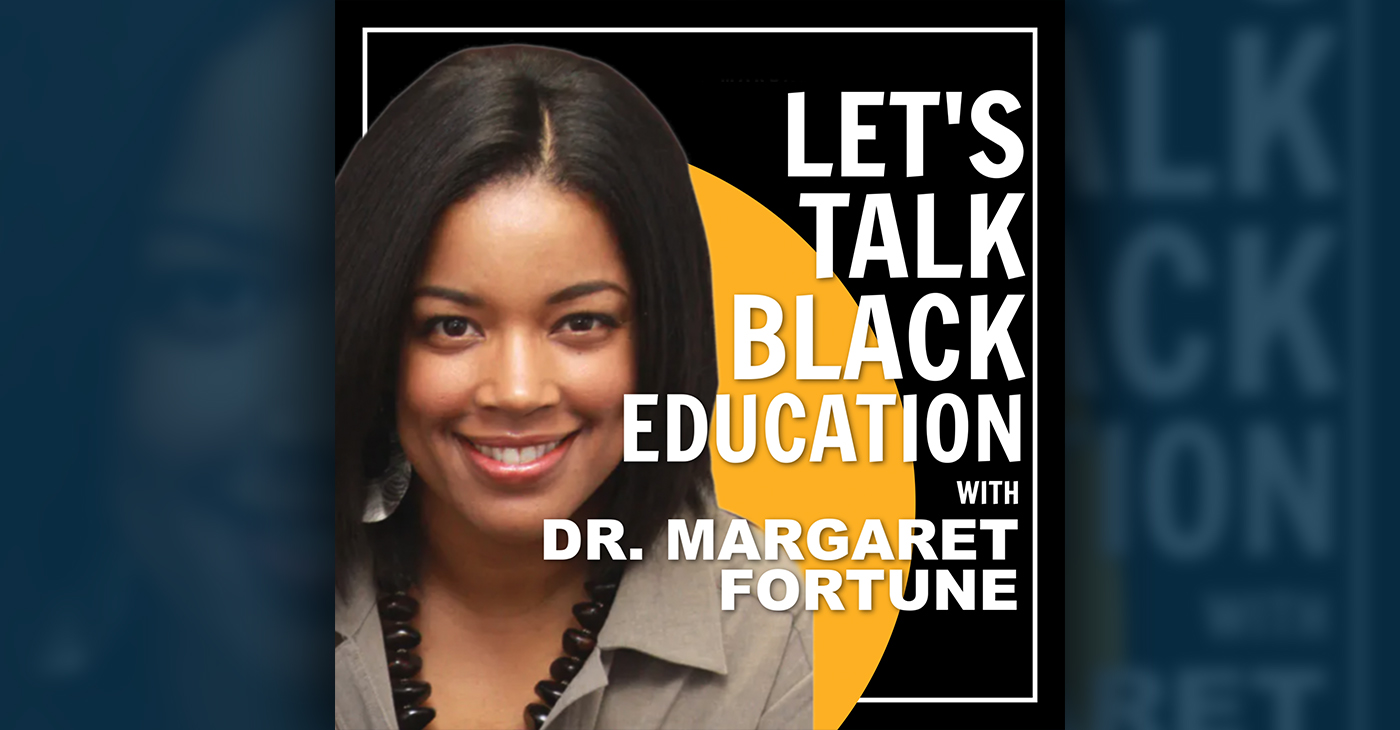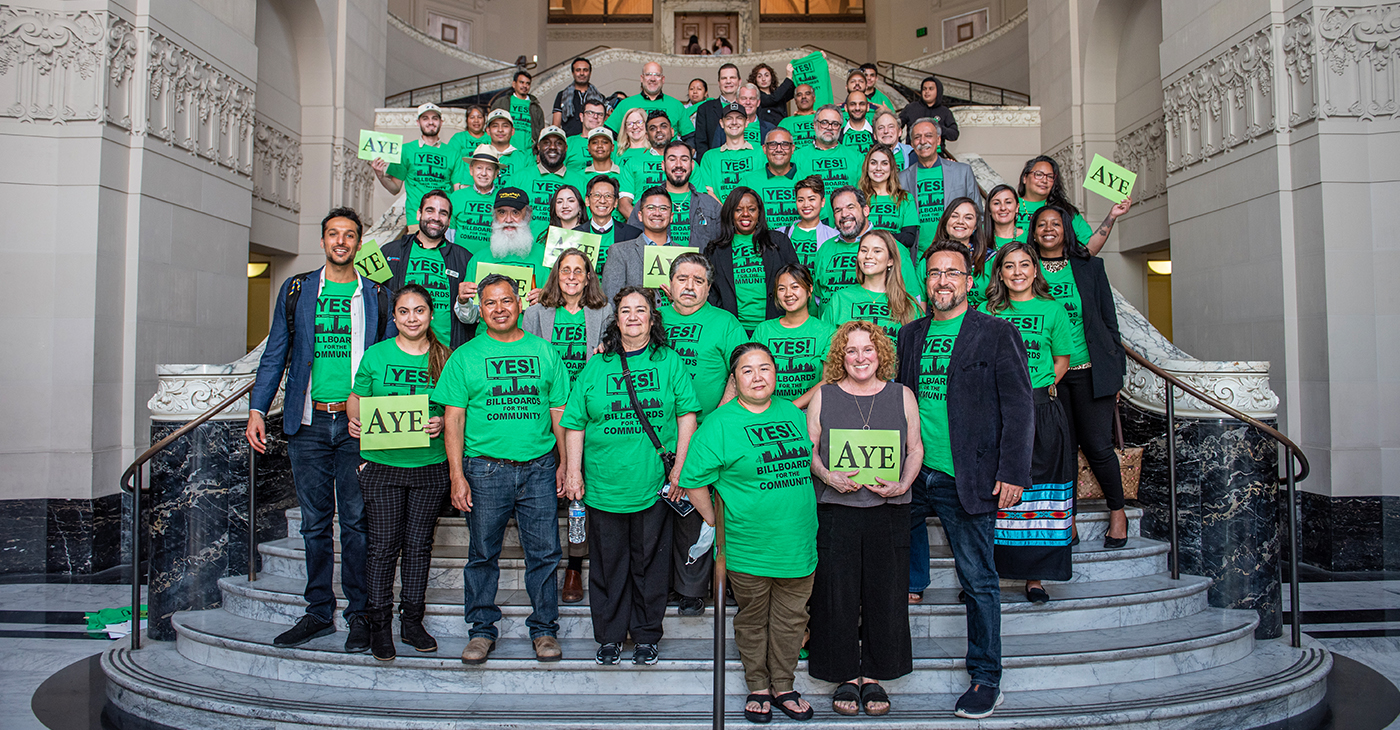Activism
California Democratic Party Adopts Platform Language Prioritizing Black Student Achievement
The shift in the education plank of the 2022 Democratic Party Platform is consistent with a change in public sentiment in which there is renewed focus on meeting the specific needs of Black students. The changing tides are brought on by the racial reckoning in America after the police killing of George Floyd and the growing frustration of parents during pandemic-related school closures.

LET’S TALK BLACK EDUCATION
By Dr. Margaret Fortune, President, CEO Fortune School
On March 6, the California Democratic Party (CDP) adopted language brought forth by the CDP Black Caucus into the 2022 California Democratic Party Platform that supports California’s Black students. This unprecedented move by the CDP is a monumental win for those who support prioritizing Black student achievement and recognizing the unique and important needs of Black students in K-12 public schools.
Among the amendments put forth by the CDP Black Caucus and adopted by delegates at the Party’s state convention is language calling on Democrats to “support all public school options that provide the parents and guardians of Black or African American, American Indian and Alaskan Native students access to high quality educational alternatives to close achievement gaps.”
The Caucus also won language to “work to increase the percentage of Black mothers who receive prenatal care and to decrease Black infant and maternal mortality.” The Caucus sought changes to the CDP platform because the 2020 platform excluded the unique and important needs of Black children.
In a statement, the Caucus thanked the CDP delegates, calling the newly adopted platform, “a significant step towards rectifying the core values of the Democratic Party — equality, opportunity, justice, and inclusivity for all — with the reality that Black students still face today.” The new platform will stay in place until 2024.
The Caucus thanked Party delegates for including changes in the 2022 California Democratic Party Platform to “specifically call out and address the needs of Black children and students as it relates to birth and beyond, school funding and closing yawning achievement gaps.”
The CDP Black Caucus said through its official statement to Party delegates, “Black students are subjected to harsh and disproportionate disciplinary actions. In addition, rising incidents of overt racism directed toward Black students in our schools are frequently the subject of news reports throughout California.”
Calling these conditions “unacceptable,” the Caucus demands for change were met by Democratic Party delegates voting to approve platform language to address their concerns head-on.
“We are very concerned, as all Democrats who care about Black children should be, that our schools leave over two-thirds of Black children unable to read or write at grade level. Nearly 80% are below grade level in math, and 86% are falling below science standards,” the Black Caucus wrote.
The shift in the education plank of the 2022 Democratic Party Platform is consistent with a change in public sentiment in which there is renewed focus on meeting the specific needs of Black students. The changing tides are brought on by the racial reckoning in America after the police killing of George Floyd and the growing frustration of parents during pandemic-related school closures.
“One of our core values is to educate,” said Calvin Harrell, president of the Community Democratic Club — one of the largest Democratic Clubs in Solano County. “We are proud to have been a part of the groups advocating for these important changes in the California Democratic Party Platform. This is a critical time to use our voices and push to make the necessary changes needed.”
The CDP Black Caucus was recognized by party officials at the state convention for its participation in a fair, public, and transparent process facilitated by the CDP Platform Committee to advocate for these important changes.
In the lead up to the March 4-6, 2022, State Democratic Convention, the Platform Committee facilitated an inclusive months-long process that began in the summer of 2021. The process was public and open to all Democrats. The CDP Black Caucus, participated in six hearings and had a diverse coalition of people representing various civil rights organizations, Democratic Clubs, delegates, central committee members, and Democrats from across California, most of them parents.
“The National Action Network has a longstanding commitment to ensuring equity in education in our nation and throughout the state of California. These important additions to the platform will help ensure we move towards high student achievement for all, particularly Black students,” said Rev. Darryl Scarbrough president of NAN Sacramento.
The California Democratic Black Caucus pledged to continue to fight for safe and culturally affirming educational environments that are free from overt and systemic racism. For more information on the work of the Black Caucus visit the website at https://cdpblackcaucus.org.
Dr. Margaret Fortune is the President/CEO of Fortune School, a system of nine, K-12 public charter schools with over 2,300 students focused on closing the Black achievement gap by preparing students for college.
Activism
Oakland Post: Week of July 24 – 30, 2024
The printed Weekly Edition of the Oakland Post: Week of July 24 – 30, 2024

To enlarge your view of this issue, use the slider, magnifying glass icon or full page icon in the lower right corner of the browser window. ![]()
Activism
Oakland Post: Week of July 17 -23, 2024
The printed Weekly Edition of the Oakland Post: Week of July 17 -23, 2024

To enlarge your view of this issue, use the slider, magnifying glass icon or full page icon in the lower right corner of the browser window. ![]()
Activism
Community Celebrates Historic Oakland Billboard Agreements
We, the Oakland Billboard Economic Development Coalition, which includes Oakland’s six leading community health clinics, all ethnic chambers of commerce, and top community-based economic development organizations – celebrate the historic billboard agreements approved last year by the Oakland City Council. We have fought for this opportunity against the billboard monopoly, against Clear Channel, for five years. The agreements approved by Council set the bar for community benefits – nearly $70 Million over their lifetime, more than 23 times the total paid by all previous Clear Channel relocation agreements in Oakland combined.

Grand Jury Report Incorrect – Council & Community Benefit
We, the Oakland Billboard Economic Development Coalition, which includes Oakland’s six leading community health clinics, all ethnic chambers of commerce, and top community-based economic development organizations – celebrate the historic billboard agreements approved last year by the Oakland City Council. We have fought for this opportunity against the billboard monopoly, against Clear Channel, for five years. The agreements approved by Council set the bar for community benefits – nearly $70 Million over their lifetime, more than 23 times the total paid by all previous Clear Channel relocation agreements in Oakland combined.
Unfortunately, a recent flawed Grand Jury report got it wrong, so we feel compelled to correct the record:
- Regarding the claim that the decision was made hastily, the report itself belies that claim. The process was five years in the making, with two and a half years from the first City Council hearing to the final vote. Along the way, as the report describes, there were multiple Planning Commission hearings, public stakeholder outreach meetings, a Council Committee meeting, and then a vote by the full Council. Not only was this not hasty, it had far more scrutiny than any of the previous relocation agreements approved by the City with Clear Channel, all of which provide 1/23 of the benefits of the Becker/OFI agreements approved by the Council.
- More importantly, the agreements will actually bring millions to the City and community, nearly $70M to be exact, 23 times the previous Clear Channel relocation agreements combined. They certainly will not cost the city money, especially since nothing would have been on the table at all if our Coalition had not been fighting for it. Right before the decisive City Council Committee hearing, in the final weeks before the full Council vote, there was a hastily submitted last-minute “proposal” by Clear Channel that was debunked as based on non-legal and non-economically viable sites, and relying entirely on the endorsement of a consultant that boasts Clear Channel as their biggest client and whose decisions map to Clear Channel’s monopolistic interests all over the country. Some City staff believed these unrealistic numbers based on false premises, and, since they only interviewed City staff, the Grand Jury report reiterated this misinformation, but it was just part of Clear Channel’s tried and true monopolistic practices of seeking to derail agreements that actually set the new standard for billboard community benefits. Furthermore, our proposals are not mutually exclusive – if Clear Channel’s proposal was real, why had they not brought it forward previously? Why have they not brought it forward since? Because it was not a real proposal – it was nothing but smoke and mirrors, as the Clear Channel’s former Vice President stated publicly at Council.
Speaking on behalf of the community health clinics that are the primary beneficiaries of the billboard funding, La Clinica de la Raza CEO Jane Garcia, states: “In this case, the City Council did the right thing – listening to the community that fought for five years to create this opportunity that is offering the City and community more than twenty times what previous billboard relocation agreements have offered.”
Oakland Billboard Economic Development Coalition
| Native American Health Center | La Clínica de la Raza | West Oakland Health Center |
| Asian Health Services | Oakland LGBTQ Center | Roots Community Health Center |
| The Unity Council | Black Cultural Zone | Visit Oakland |
| Oakland African American Chamber of Commerce | Oakland Chinatown Chamber of Commerce | Oakland Vietnamese Chamber of Commerce |
| Oakland Latino Chamber of Commerce | Building Trades of Alameda County | (partial list) |
-

 Arts and Culture3 weeks ago
Arts and Culture3 weeks agoRooted in Tradition: The Intricate History of Black Hair Braiding
-

 Bay Area4 weeks ago
Bay Area4 weeks ago“I Will Not Be Bullied,” Says Oakland Mayor Sheng Thao
-

 Bay Area2 weeks ago
Bay Area2 weeks agoPG&E Increases Rates While Bay Area Households Are Struggling to Stay Afloat
-

 Business3 weeks ago
Business3 weeks agoGov Newsom: Raising Fast Food Minimum Wage to $20 Pays Off as Jobs Multiply in Industry
-

 Activism4 weeks ago
Activism4 weeks agoOpponents of Mayor Sheng Thao Are Calling on Her to Resign Following FBI Raid
-

 Bay Area2 weeks ago
Bay Area2 weeks agoJuneteenth Mass Shooting Suspect Charge with Multiple Counts of Felony Assault by Alameda County DA Pamela Price
-

 Community1 week ago
Community1 week agoHundreds Come to Jehovah’s Witnesses’ Assembly Hall for Three-Day Program of ‘Good News’ in Fremont
-

 Activism4 weeks ago
Activism4 weeks agoOakland Coliseum Sale to AASEG: A Model for Community Development and Inclusion



















































